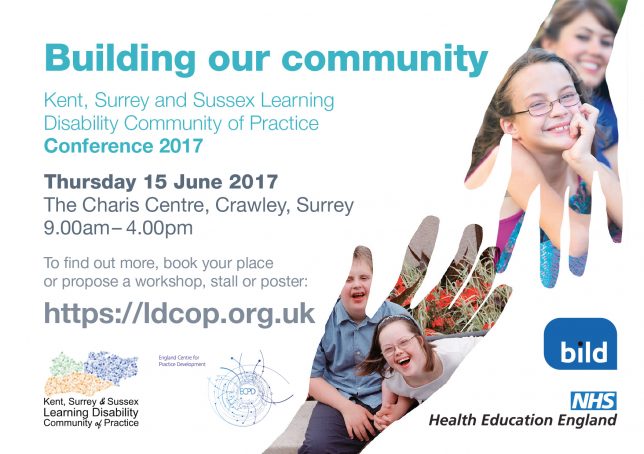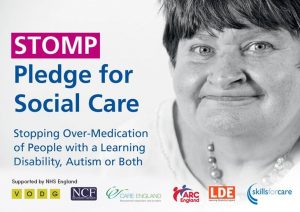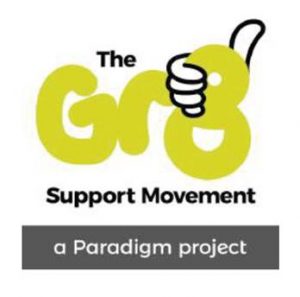My Healthcare Passport Participatory Action Research project overview
East Kent Hospitals acknowledged the significant health inequalities that adults with learning disabilities experience in hospital; a Healthcare Passport was identified as a person centred and patient owned tool that contained pertinent personalised information enabling health care professionals to make adjustments for someone less able to communicate their needs and wishes. Led by East Kent Hospitals, a multi stakeholder group co-created a tool over a twelve month period and was awarded charitable funds to have the tool professionally designed and launched.
While stakeholders celebrated the launch of the tool at public event in 2012, new questions emerged as to the use of the passport and the improvements that adults with learning disabilities and their supporters could expect as a result of using it.
The aim of this participatory action research project was collaboratively identify, implement, evaluate and refine strategies enabling the passport to be used effectively in a person-centred way with people with learning disabilities, to achieve this aim, the following objectives were identified; to:
- Identify practical implications and strategies for effective implementation of My Healthcare Passport.
- To develop approaches, methods and indicators to evaluate My Healthcare Passport.
- To contribute inclusive research evidence base by learning disability nursing.
The Co-researcher team- made up of Nurses, people with learning disabilities, parent carers, and a care home manager – met 10 times over a twelve month period. Several key elements of data were collected:-
- Co-researcher meetings
Underpinned by the critical creativity paradigm, practice development methodology and methods such as active learning, fourth generation evaluation and PATH were employed create the spirals of action research activity in a mixed ability co-researcher team.
- Stakeholder consultation
The co-researcher team identified communities across the whole east Kent system to consult with either in person or via a web based survey. This sought to understand who had used the tool, the perceived benefits and improvements that could be made. The co-researcher team collectively analysed this data identifying themes, recommending and taking further action.
- Two key spirals of activity were identified:-
- Co-researchers developing an understanding of the role of the researcher
- Working together to identify further spirals of activity.
- Status –
Non NHS staff experienced significant challenges relating to status and administration to be able to contribute. An example of this was the co-researchers with learning disabilities not having sufficient identification to achieve a clear Disclosure and Barring (DBS) check preventing them taking up full status as a Co-researcher.
- Consultation results & themes –
The Co-researcher team consulted with approximately 420 stakeholders; through collective analysis three themes emerged:-
- To make improvements to the passport
- To sustain awareness of the passport,
- To use IT systems to store the passport.
As a result,
- My Healthcare Passport was redesigned and editable Passport was published online
- A Hospital audit tool was created and tested.
- A partnership project with tap2tag was planned to store and access My Healthcare Passport.
- A film about the project has been published online
- A life story workshop has provided evidence for a new project led by East Kent Mencap.
- The co-researcher team chose purchase the co-researchers with learning disabilities sufficient identification enabling them to play a more active role as citizens.
Implications for practice
- Involving non NHS staff as partners in NHS research requires creative, reflexive, facilitative leadership.
- Initiatives to employ more people with learning disabilities will want to plan for issues associated with DBS checking.
- Person centred, patient owned health records such as My Healthcare Passport require ongoing collective action to sustain awareness.
- IT systems can make My Healthcare Passport accessible to those that require the information, while safeguarding it from falling into the wrong hands.
- Uses of Passports are an emerging indicator for regulators and national initiatives.
For further information check www.ekhuft.nhs.uk/passport and www.fons.org/library/report-details/71699


